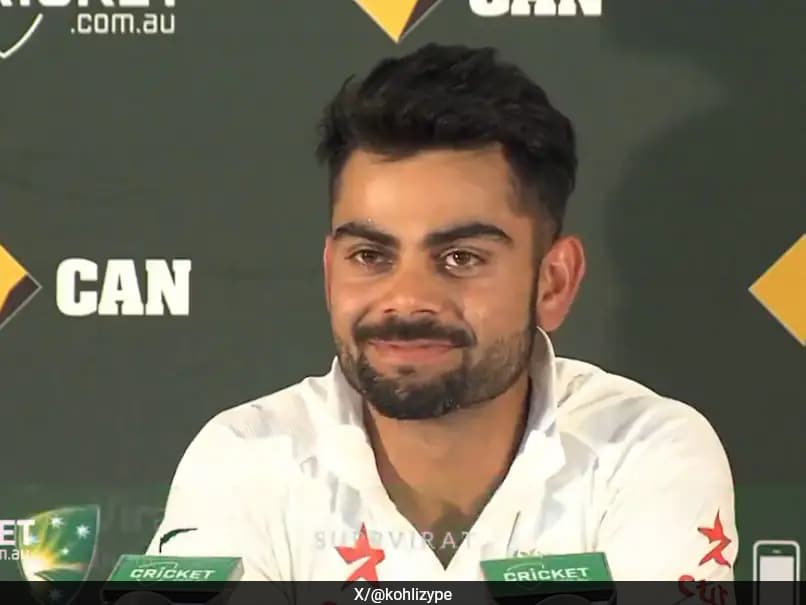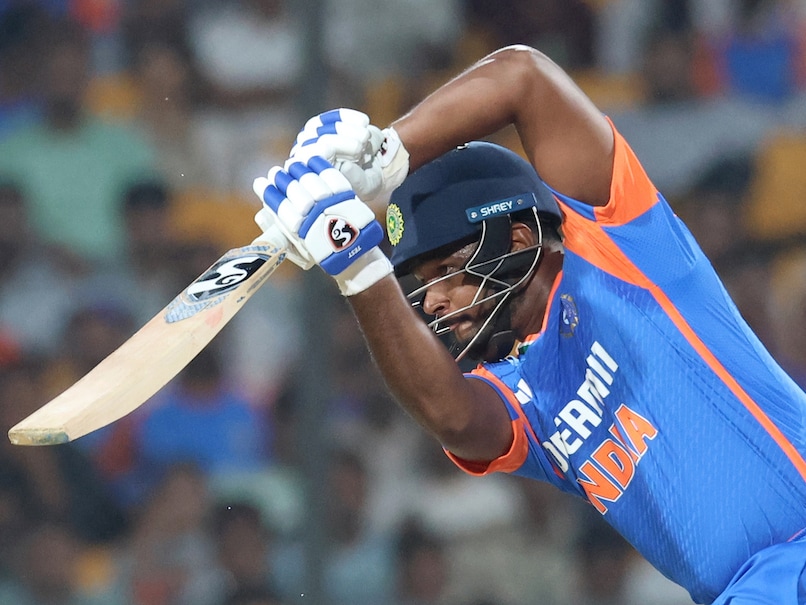Food delivery giants Swiggy and Zomato have in recent years reshaped how Indians order food.
New Delhi:
An investigation by India’s antitrust body found food delivery giants Zomato and SoftBank-backed Swiggy breached competition laws, with their business practices favouring restaurant chains listed on their platforms, documents show.
Zomato entered into “exclusivity contracts” with partners in return for lower commissions, while Swiggy guaranteed business growth to certain players if they listed exclusively on its platform, according to non-public documents prepared by the Competition Commission of India (CCI).
Exclusivity arrangements between Swiggy, Zomato and their respective restaurant partners “prevent the market from becoming more competitive,” the CCI’s investigation arm noted in its findings reviewed by Reuters on Friday.
The CCI documents are not public, in line with its confidentiality rules, and were shared with Swiggy, Zomato and the complainant restaurant groups in March 2024. Their findings have not been previously reported.
Zomato declined to comment, while Swiggy and the CCI did not respond to Reuters queries.
The antitrust investigation against Swiggy and its top rival Zomato began in 2022 after a complaint by National Restaurant Association of India about the impact on food outlets due to anti-competitive practices of the platforms.
Food delivery giants Swiggy and Zomato have in recent years reshaped how Indians order food, as hundreds of thousands of outlets listed on their apps just when smartphone use, and online ordering, both grew rapidly.
Swiggy, which on Friday is closing bids for its $1.4 billion IPO – India’s second biggest this year, and Zomato both in recent years also pushed restaurants to maintain a parity on prices, directly reducing competition in the market.
That practice affects restaurants as they cannot offer lower prices on other online platforms, the CCI documents stated.
The next, and final phase, of the CCI case is a decision by the CCI leadership which is still reviewing the investigation findings to decide on any penalty or order changes to Swiggy’s and Zomato’s business practices.
A final decision could take several weeks, and the companies still have the option of contesting the investigation findings with the CCI.
(This story has not been edited by NDTV staff and is auto-generated from a syndicated feed.)

















